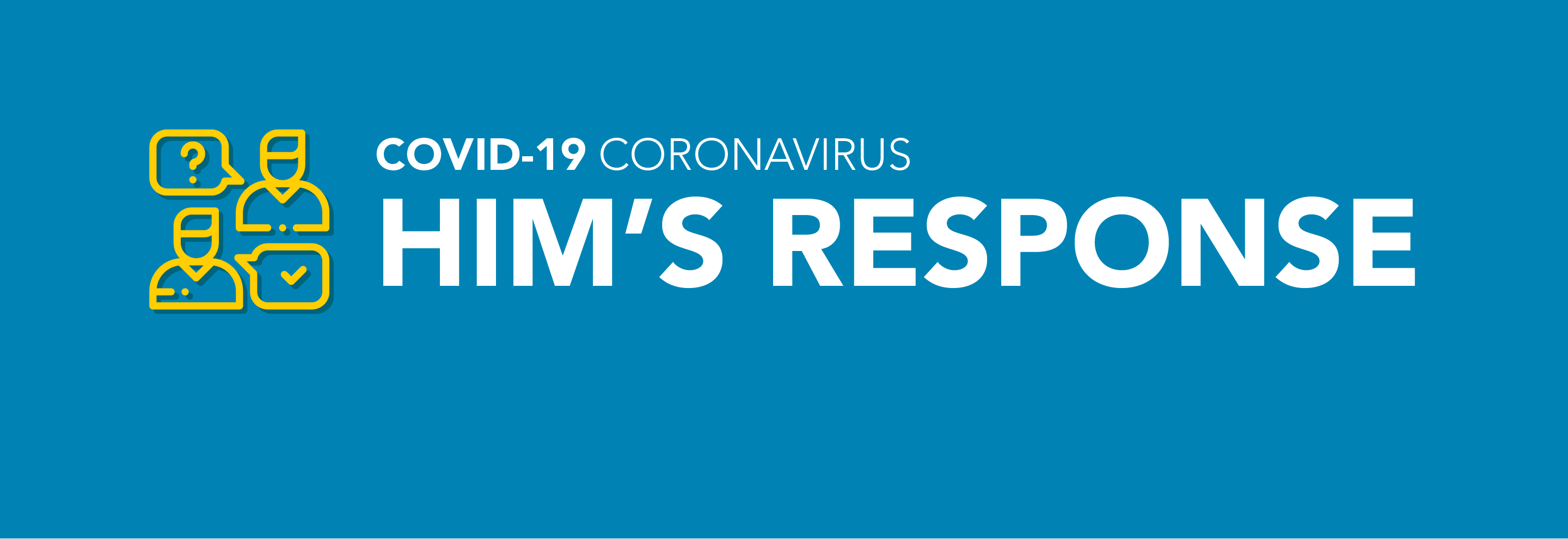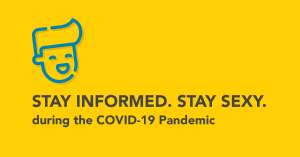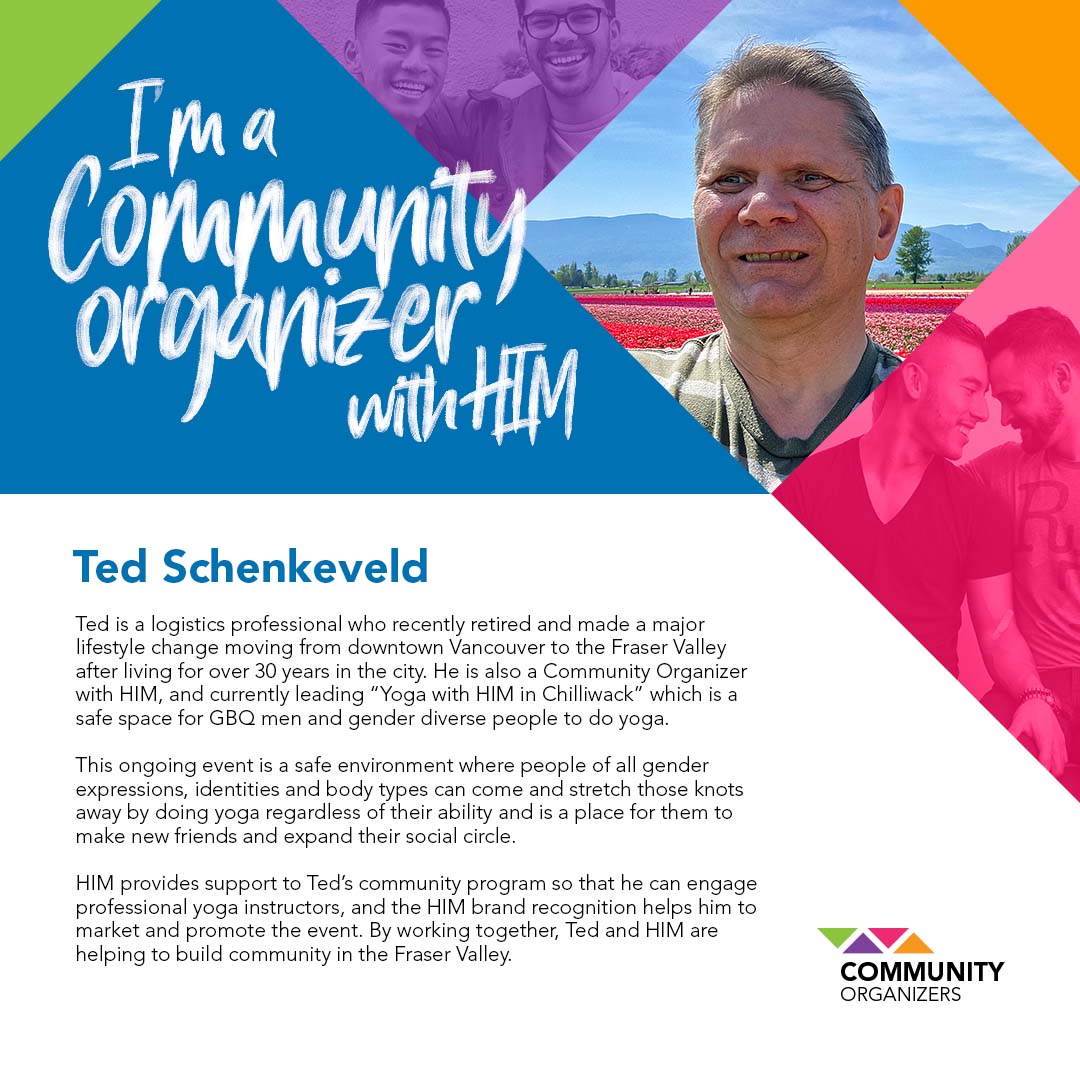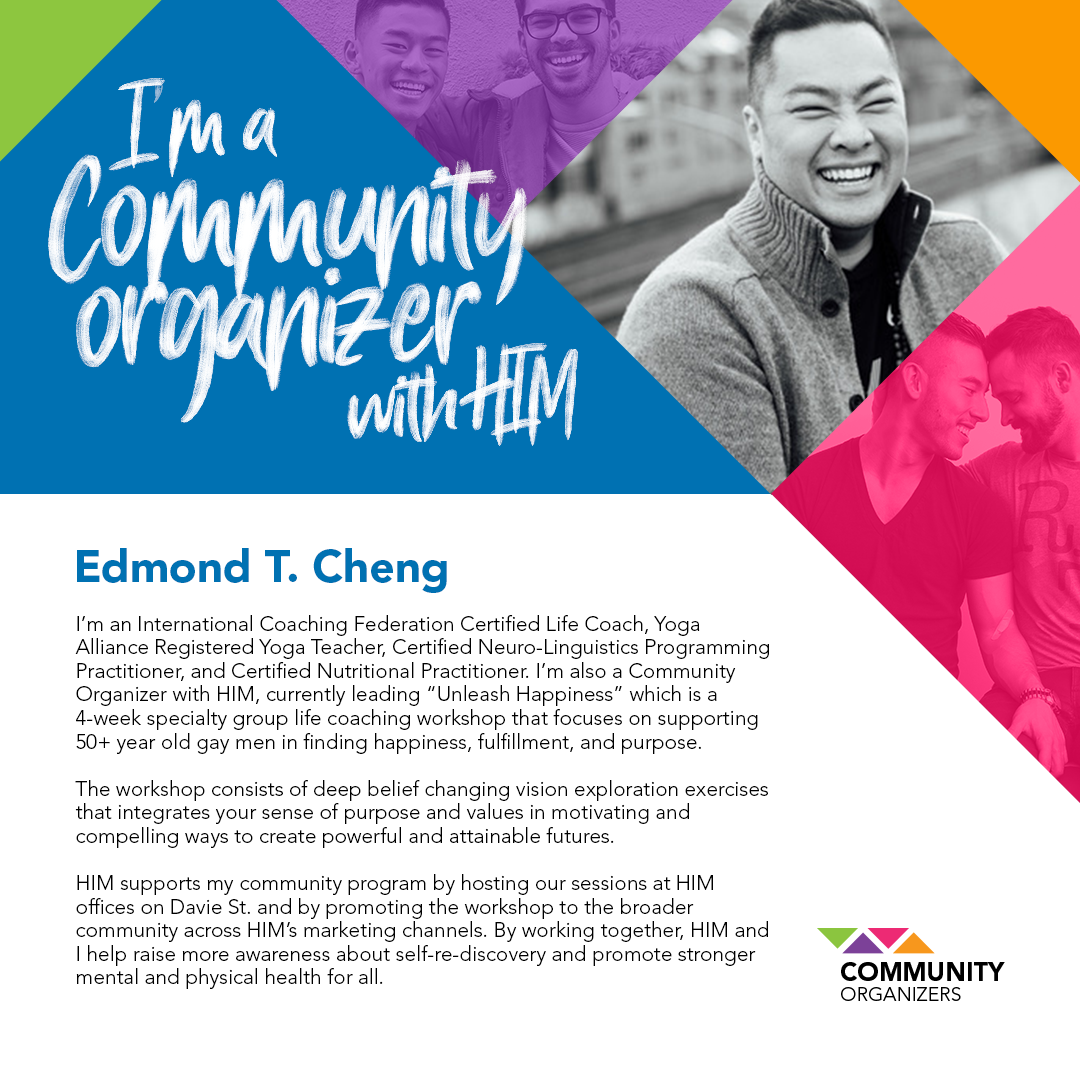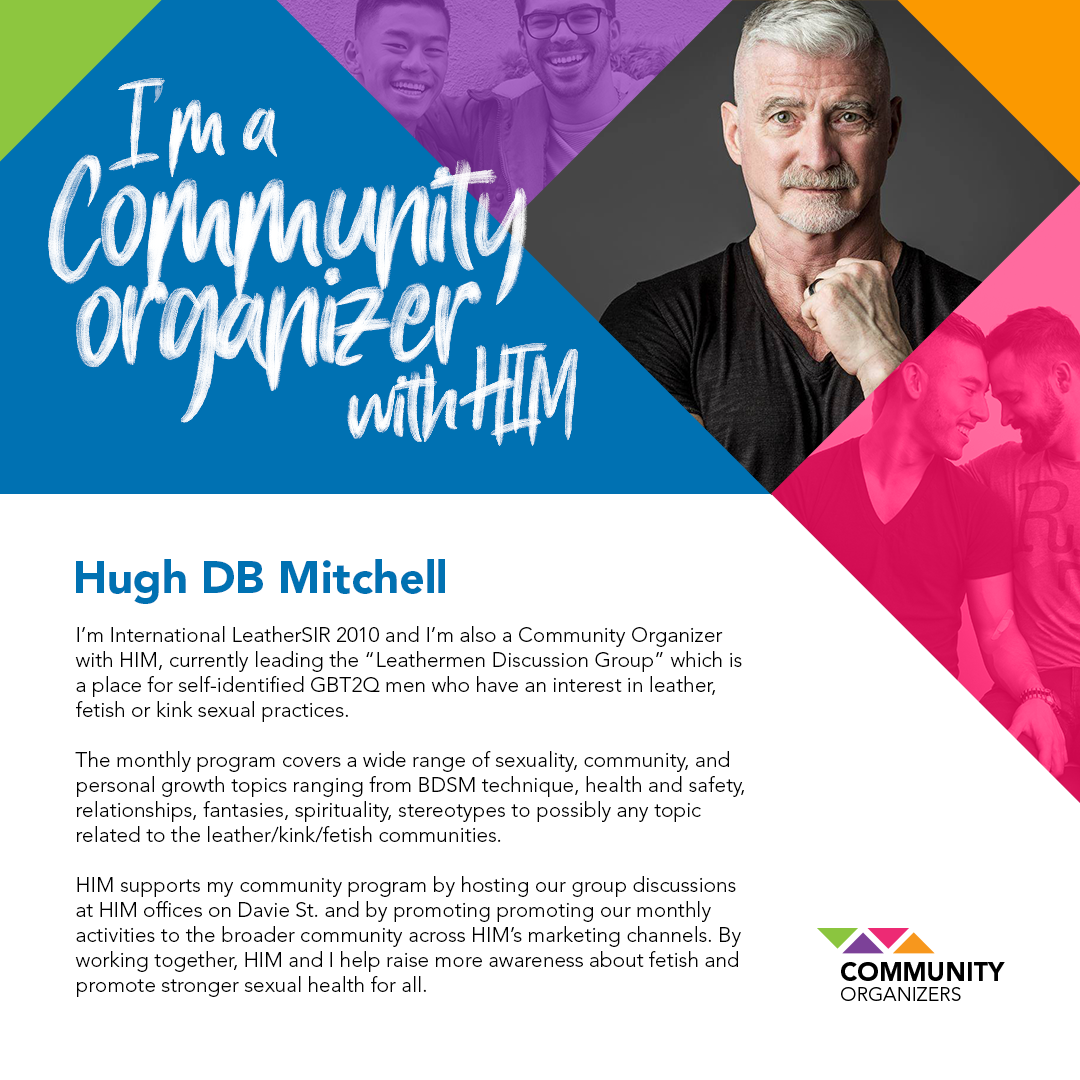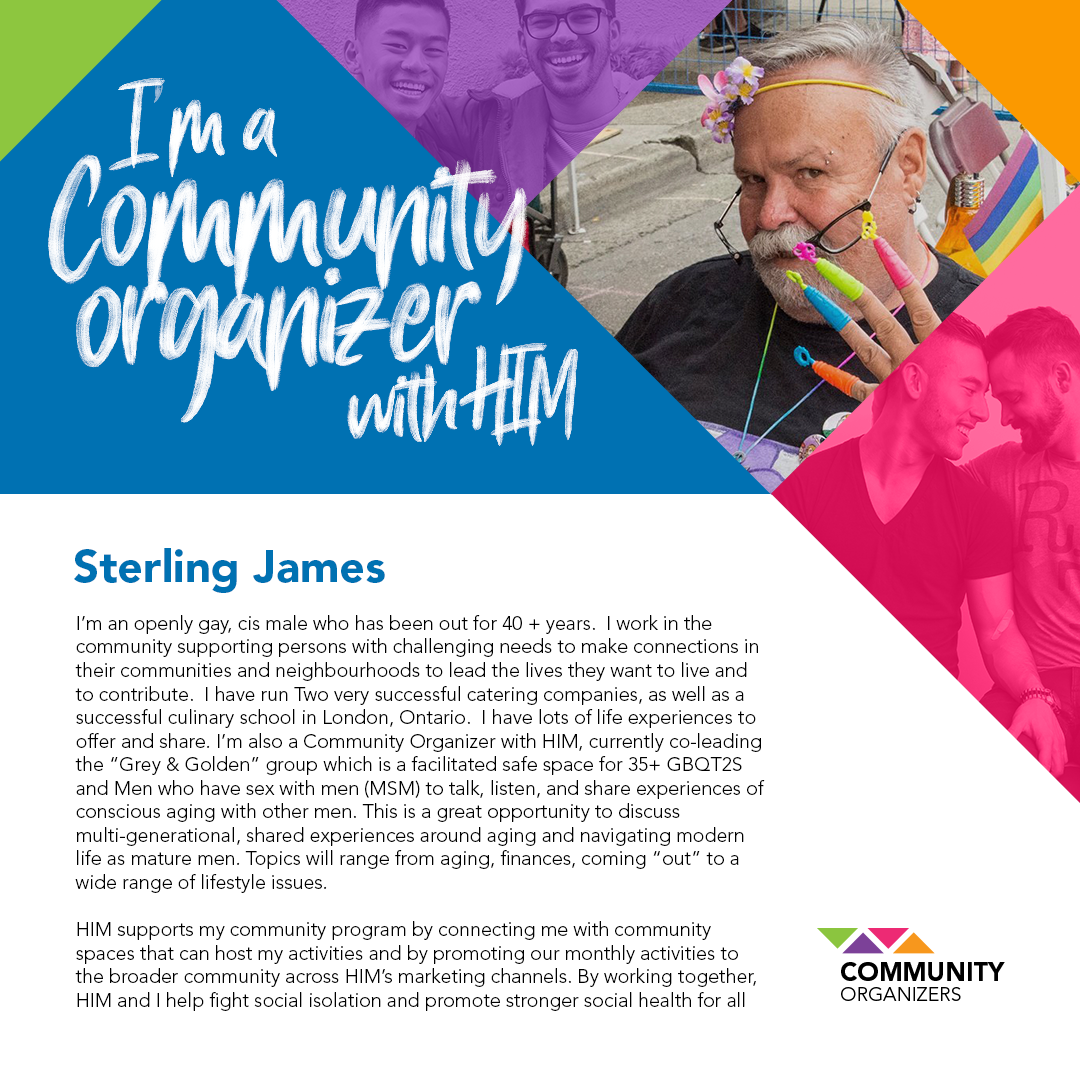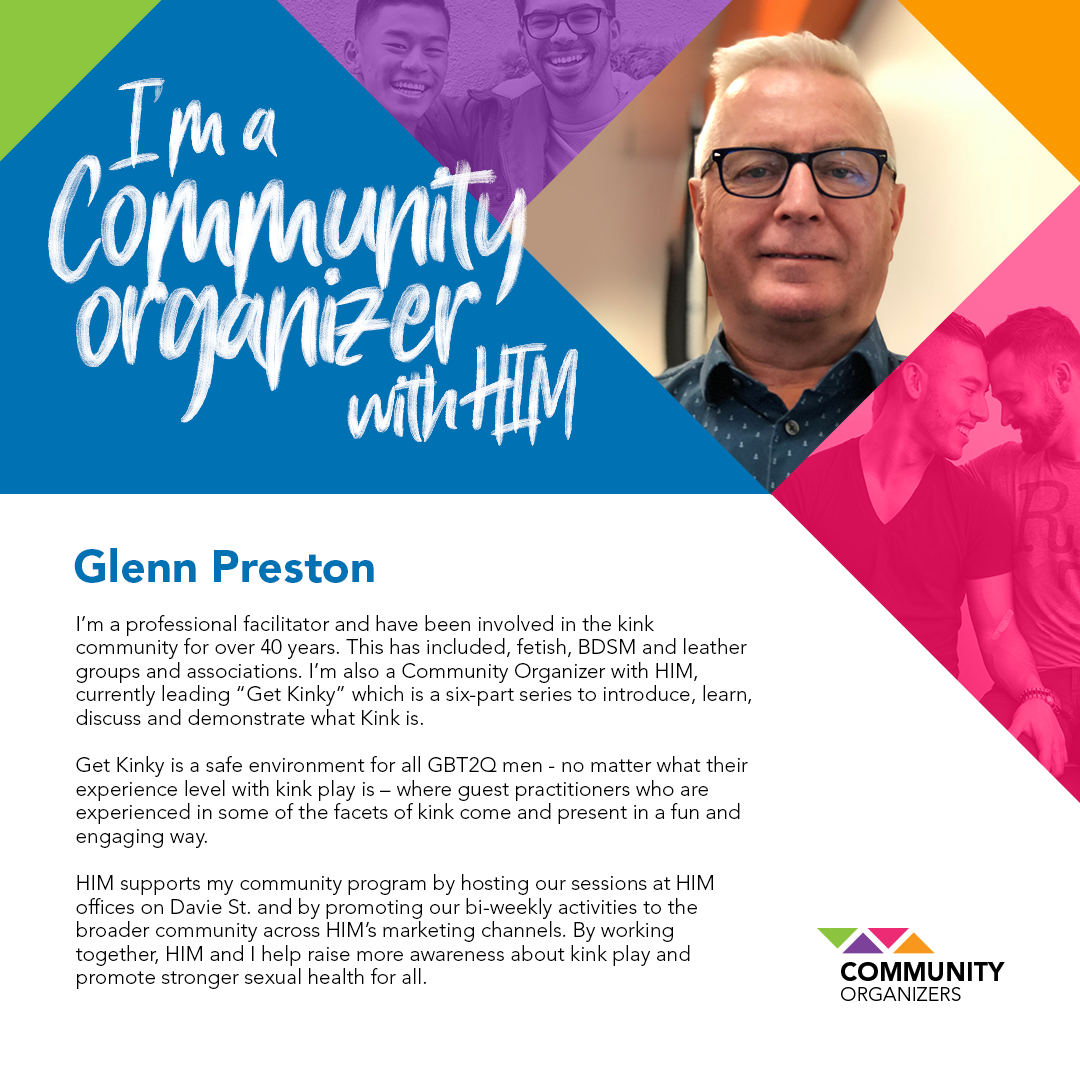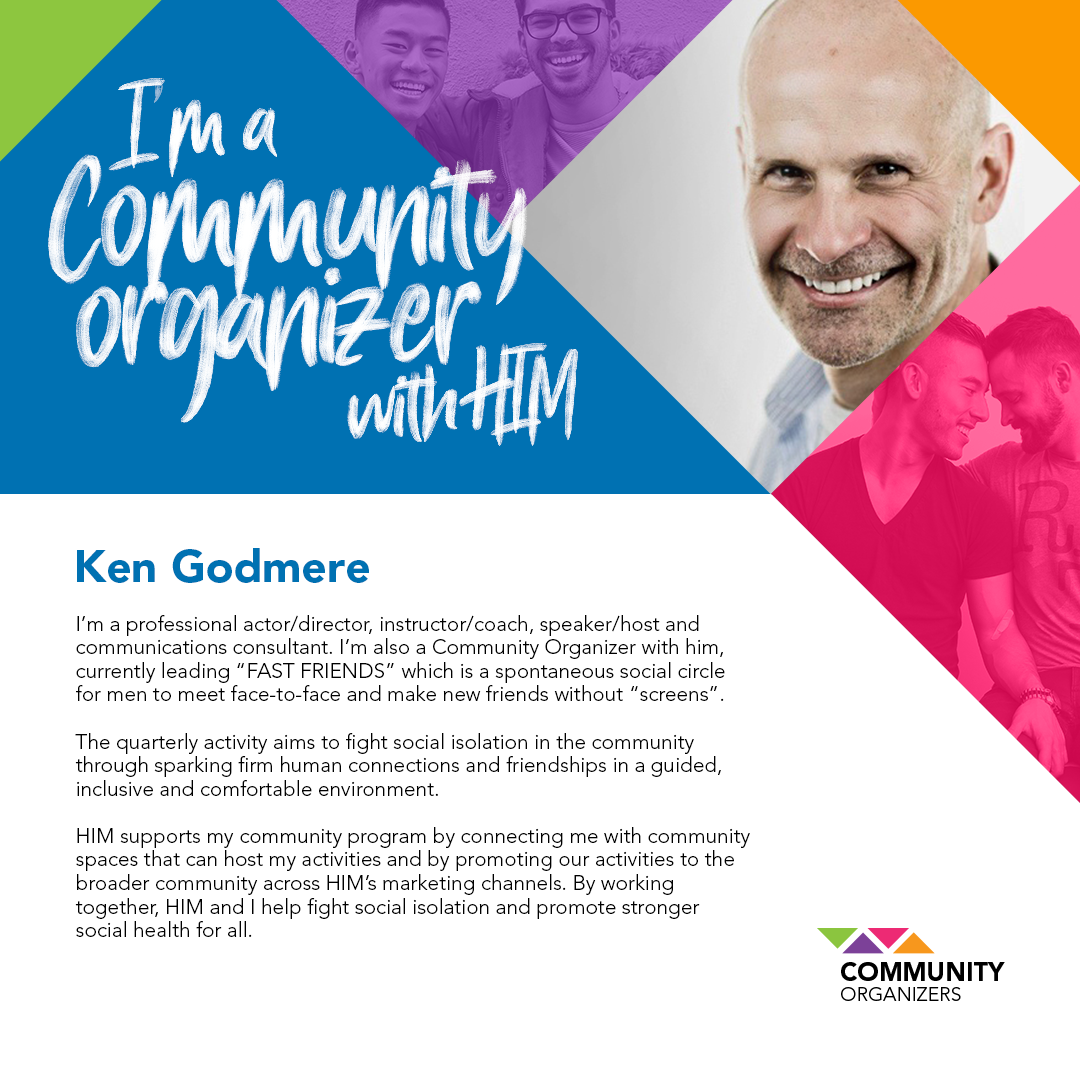FAQs
Here are some frequently asked questions regarding the COVID-19 pandemic:
What is COVID-19/Coronavirus?-
-
- Coronaviruses are a large family of viruses found mostly in animals. In humans, they can cause illness ranging from the common cold to more severe illnesses such as Severe Acute Respiratory Syndrome (SARS) and Middle East Respiratory Syndrome (MERS-CoV). The new coronavirus has been named COVID-19.
- In humans, they can cause illnesses ranging from the common cold to more severe diseases such as Severe Acute Respiratory Syndrome (SARS) and Middle East Respiratory Syndrome (MERS-CoV).
- While many of the characteristics of COVID-19 are still unknown, mild to severe illness has been reported for confirmed cases.
- Anyone concerned that they may have been exposed to, or are experiencing symptoms of the new coronavirus, should contact their primary care provider, local public health office, or call 8-1-1.
-
What is a Pandemic?
A pandemic is an outbreak of a new influenza that can be easily passed from person to person. A pandemic also means there is a risk of many people coming into contact with it, and becoming sick as a result.
What is Social Distancing?
The World Health Organization (WHO) has been encouraging basic protective measures against the COVID-19 outbreak by covering your cough (in your elbow), including washing your hands, avoiding touching your face, and now practicing what’s called social distancing. Social distancing is a public health practice that aims to prevent people carrying the virus from coming in close contact with people who are not carrying it in order to reduce opportunities for passing of the virus. Social distancing can include large-scale measures like canceling group events or closing public spaces, as well as individual decisions such as avoiding crowds. To maintain social distancing, we should be at least one metre apart from other people, especially anyone who is coughing or sneezing. It is also recommended to avoid large gatherings of people.
I think I might be sick...
-
-
- If you have noticed a fever, dry cough, difficulty breathing, or headache, it is recommended that you call 8-1-1 (HealthLink BC). Do not wait to do this.
- If these symptoms are severe, contact a friend or loved one and ask for support in seeking medical attention. Do not wait to do this.
- You may also decide to go to the emergency department, an Urgent Care Center, your doctor, or a walk-in clinic. If you do decide to seek medical attention, please take precautions before entering the space. Most medical settings can offer masks and gloves. We recommend that you call ahead whenever possible.
- There is a test for COVID-19 and you may be asked to submit a sample to be tested.
- If you have a cold, or other symptoms not listed here, you are still encouraged to monitor your health and practice good hygiene and social distancing.
-
I got tested for COVID-19...
-
-
- Pay attention to your health and how you are feeling after getting the test. You can call 8-1-1 anytime to talk to a nurse at HealthLinkBC and get advice about how you are feeling and what to do next. 8-1-1 has translation services in 130 languages.
- Urgent medical care means that there is a change in your health that needs medical help right away. If it becomes harder to breathe, you can’t drink anything or feel much worse than when you got tested; seek urgent medical care at an urgent care clinic or emergency department. If you or someone in your care has chest pains, difficulty breathing, or severe bleeding, it could be a life-threatening emergency. Call 9-1-1 or the local emergency number immediately.
- Call ahead before you get medical care. If leaving your home for medical care, call ahead and tell the clinic you are coming in and that you just had a COVID-19 test. By calling ahead, you help the clinic, hospital, lab, urgent care or doctor’s office prepare for your visit and stop the spread of germs. Remind each health care provider that is taking care of you that you are waiting for COVID-19 test results.
-
What do I do if I am sick?
-
-
- Wear a face mask. When you are sick, wearing a face mask (surgical or procedure mask) helps to stop the spread of germs from you to others. Wear a face mask when you are in the same room with other people and when you get medical care. If your mask gets wet or dirty, change it and wash your hands right away. You and those you live with do not need to buy and wear other types of masks, such as an N-95 respirator mask.
- Cover your coughs and sneezes. When you feel a cough or sneeze coming on, cover your mouth and nose with a tissue. Don’t have a tissue? Cough or sneeze into your upper sleeve or elbow, not your hands. Wash your hands right away after you sneeze, cough or touch used tissues or masks. Throw used tissues into a lined trash can in your room and tie up that trash bag before adding it with other household waste.
- Wash your hands. Wash your hands often with soap and water for at least 20 seconds. It is best to dry your hands with a paper towel and throw it away after use. If you can’t wash your hands, use an alcohol-based hand sanitizer. Avoid touching your eyes, nose, and mouth with unwashed hands. Learn more: .https://www.who.int/gpsc/clean_hands_protection/en/
- Do not share household items. Do not share dishes, cups, eating utensils, towels, bedding, or other shared belongings. After using these items, wash them with soap and water.
- Flush the toilet with the lid down. COVID-19 virus may also be present in poop (stool or feces). Always wash your hands with soap and water after using the toilet.
- General cleaning. Water and detergent (e.g., liquid dishwashing soap) or common household cleaning wipes should be used. Apply firm pressure while cleaning. Surfaces should be cleaned at least once a day. Clean surfaces that are touched often (e.g., counters, table tops, doorknobs, toilets, sinks, taps, etc.) at least twice a day.
- For more information go to If You Are Sick
-
Should I wear a mask to protect me?
-
-
- Masks should be used by people who are sick to prevent transmission to other people. A mask will help keep a person’s droplets in.
- It may be less effective to wear a mask in the community when a person is not sick themselves. Masks may give a person a false sense of security and are likely to increase the number of times a person will touch their own face (e.g., to adjust the mask).
-
How can I protect those close to me (such as loved ones)?
-
-
- Follow the same advice that public health officials recommend for the cold and flu season: wash your hands often with soap and water, cover your mouth and nose when coughing or sneezing, avoid others who are unwell, and stay home when you are sick.
- We may also need to practice social distancing in order to protect our loved ones. Phone calls, or video calls are a good way to stay in touch.
- The most important thing you can do to prevent coronavirus and other illnesses is to wash your hands regularly and avoid touching your face.
- Cover your mouth when you cough so you’re not exposing other people. If you are sick yourself, stay away from others. Contact your health-care provider ahead of time so you can be safely assessed
-
How do I self-isolate?
See detailed tips and guidelines here.
Who is more likely to pick up COVID-19
-
-
- COVID-19 is often more severe in people 60+yrs or with health conditions like lung or heart disease, diabetes or conditions that affect their immune system.
- If you are concerned about your risk, call 8-1-1 (health link BC).
- If you have heard rumours about certain populations being at higher risk for COVID-19, we strongly encourage you to be careful about your assumptions, and treatment of others. Be kind, be courteous, and take care of yourself and your community.
-
Are people who are vaccinated safer to hook up with? There is no conclusive data released by researchers to answer this question. However, according to the US Centers for Disease Control and Prevention (CDC), it’s OK for fully vaccinated people to return to activities that they might not have been able to do because of the pandemic. This includes not wearing a mask and socializing. As a result, after you are fully vaccinated, you can safely visit friends in person, and this could include hooking up as well. Please note that people are considered fully vaccinated two weeks after they get their second dose of Pfizer, Moderna, or AstraZeneca vaccine, or two weeks after a single dose of the Janssen/Johnson & Johnson vaccine. The only exception concerning fully vaccinated people are those who have an underlying medical condition or are taking medications that weaken the immune system. If you fit this description, talk to your doctor about your activities. They might recommend that you continue to take extra steps to prevent getting COVID-19.
Additional Resources
If you are looking for more information on Coronavirus (COVID-19), we have gathered a number of additional resources that you might want to check out:

